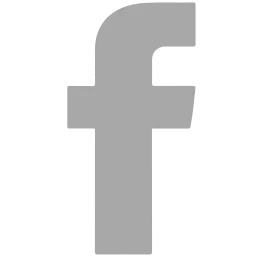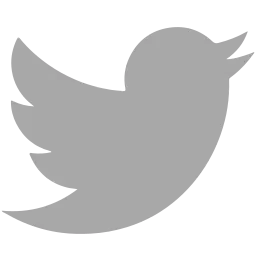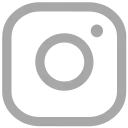MENU
BLOG

Treating Sex Hormone Imbalances
Sex hormones are that are involved in the regulation of sexual development and reproduction. The primary sex hormones are estrogen, progesterone, and testosterone. Men and women have all of these, just in different amounts and ratios...
When men and women have low energy caused by an imbalance in their sex hormones, it is usually from different hormones. For men, it is usually due to a testosterone deficiency. For women, it is usually due to estrogen and/or progesterone imbalances.
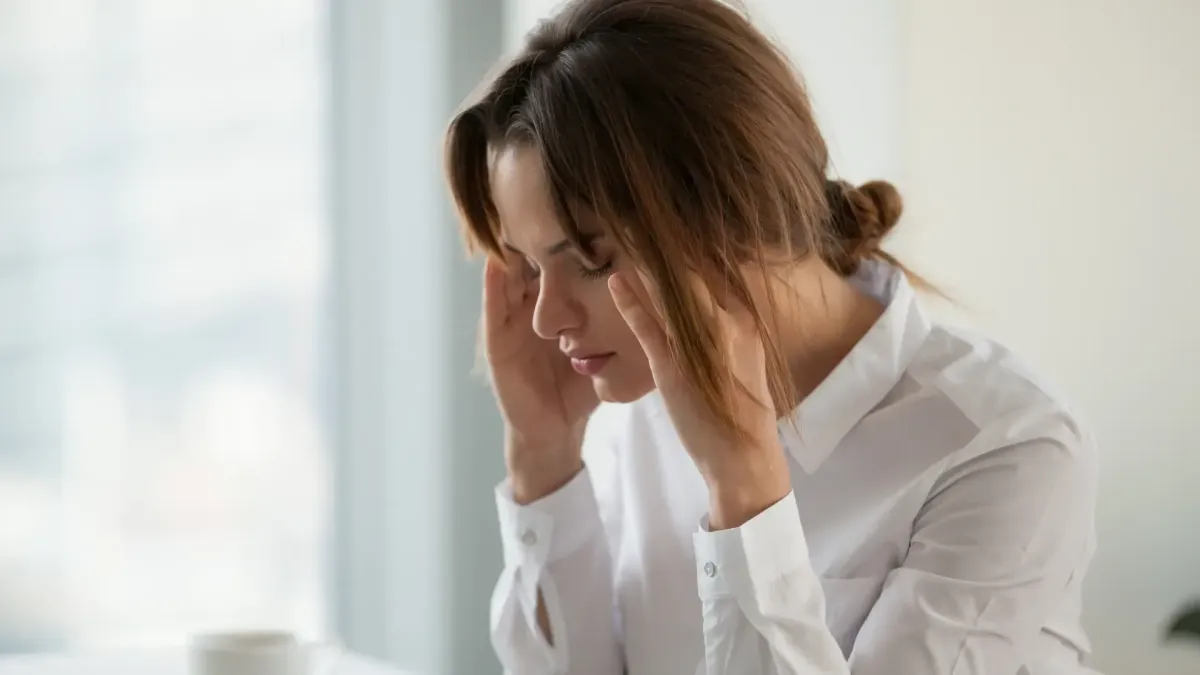
Sex Hormones & Low Energy
The symptoms of menopause are no joke. They are incredibly uncomfortable and can change the quality of your life significantly. When a woman comes to me with menopausal symptoms, she is usually pretty desperate for relief. I use both natural and pharmaceutical therapies to get her that relief.
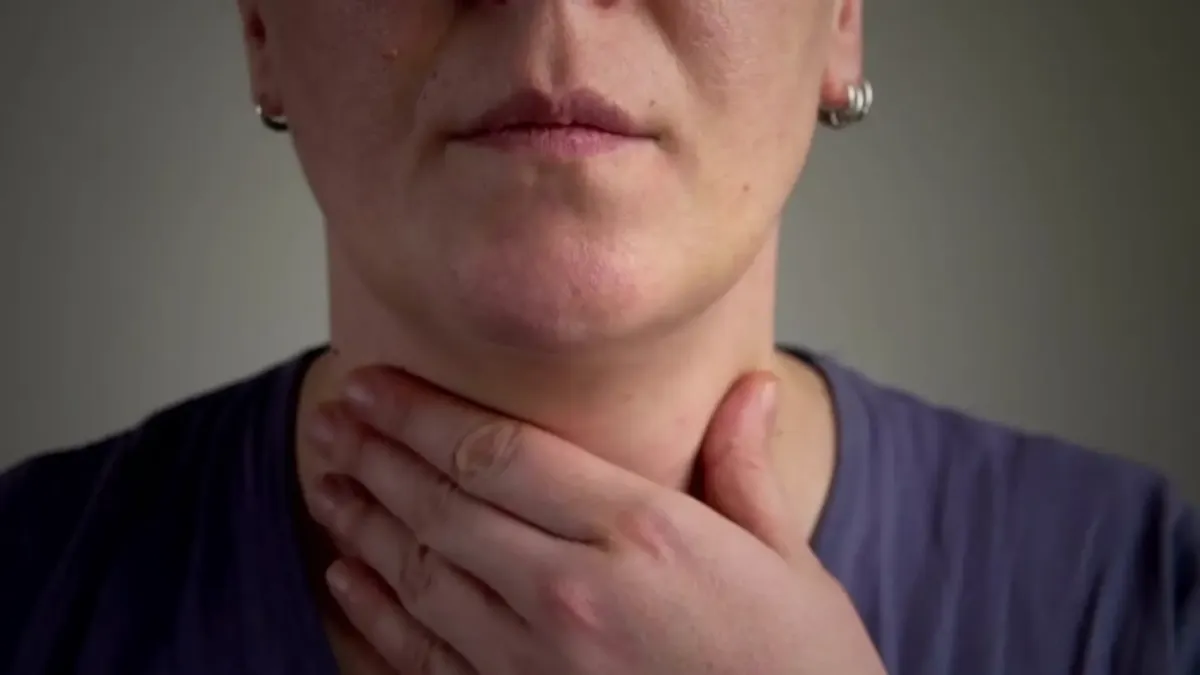
Treating Thyroid Disease
I am a big believer in natural medicine. It can be very powerful and work very well. I prefer to use it as long as the natural treatment is safe and strong. Unfortunately, when treating low thyroid, we usually need both the natural and the prescription treatments. In college, I learned from playing the card game euchre not to “send a boy to do a man’s job.” In medicine, this means using the treatment that you know will work. If I think a natural treatment will work, but I know that a medication will work, I should use the medication as long as there are no significant side effects. This is because I want to make sure you get results right away so that you can get your life back
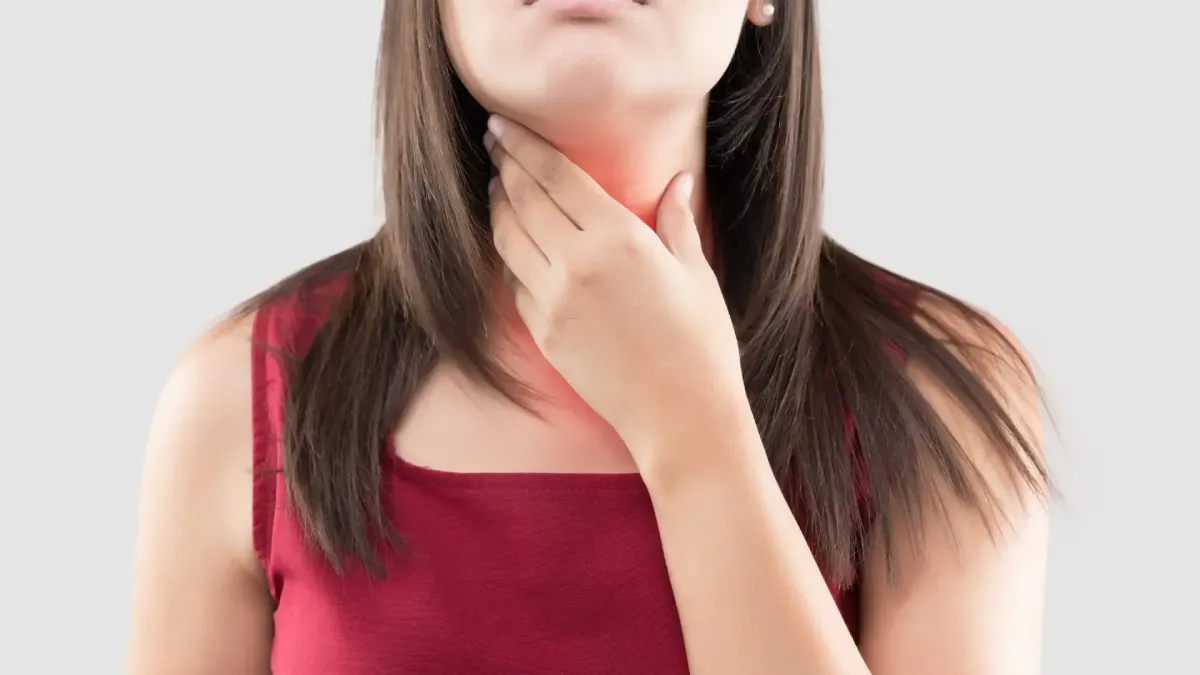
Treating Thyroid Disease
Thyroid disease is one of the most common health problems we face today. The majority of people with thyroid dysfunction have hypothyroidism. Hypothyroidism (“hypo” means low) is a condition where the amount of thyroid hormone in your body is less than what is needed for optimal function. According to the American Thyroid Association, more than 12 percent of the US population will develop a thyroid condition during their lifetimes, and more than half will be unaware that they have a problem. Women are five to eight times as likely as men to develop thyroid problems.

Advanced Adrenal Recommendations
Last week, I went over the recommended supplements to treat Adrenal Fatigue. This week I’ll go over adrenal recommendations as well as a plan to reduce stressors.
Treating the physical symptoms is only the first step. Once you start to feel better, it’s important to begin addressing the causes of the problem: the sources of stress that compromised your adrenals in the first place.
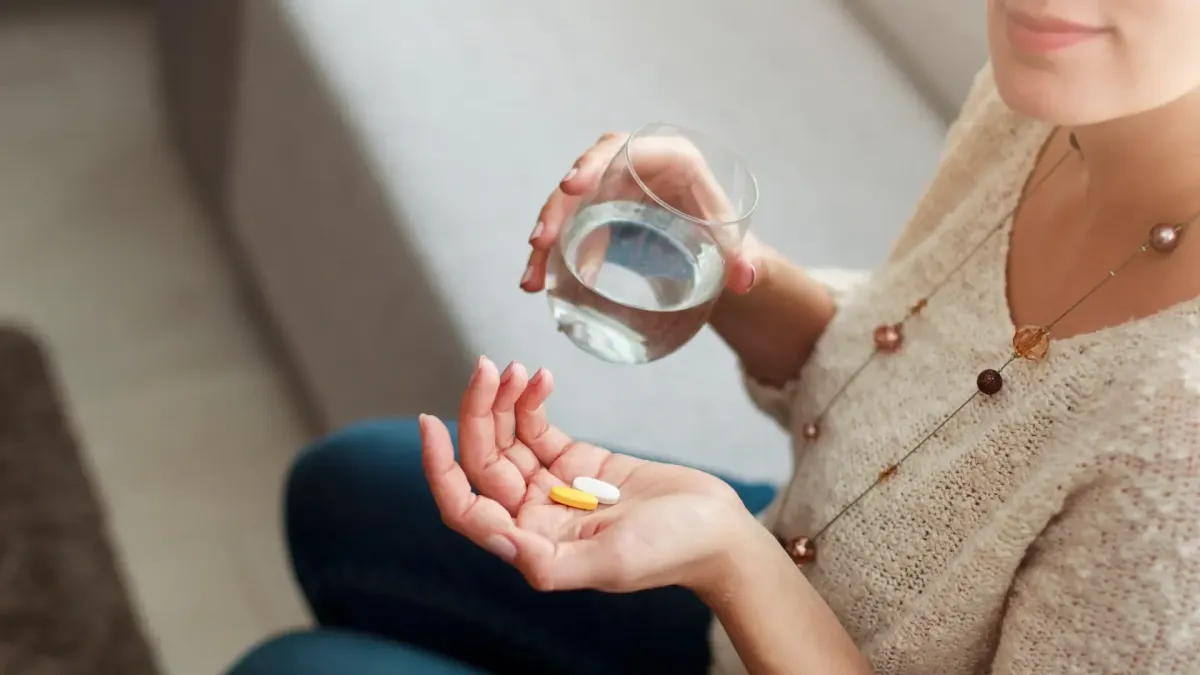
Testing & Supplement Options for Adrenal Fatigue
Last week we discussed the main symptoms as well as the causes of adrenal fatigue. This week, I will focus on testing and supplement options for treatment.
If you have most of the symptoms listed last week, you probably have adrenal fatigue. However, how do we test for adrenal dysfunction?
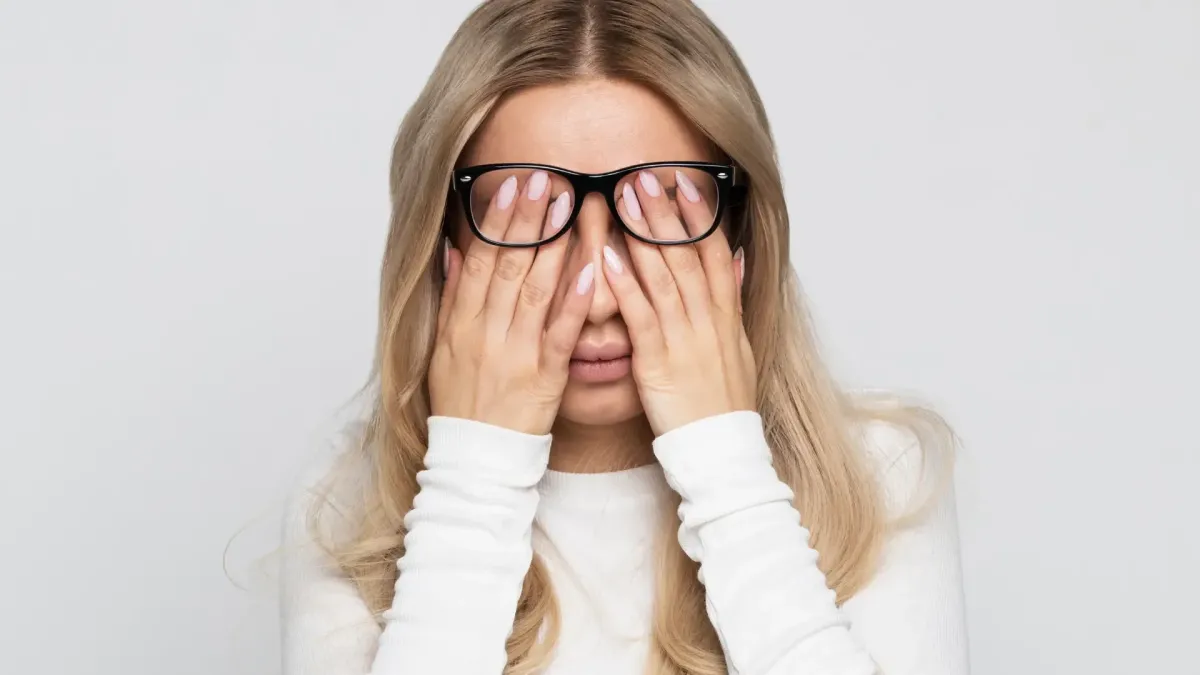
How Adrenal Fatigue Causes Chronic Fatigue
This week I will discuss how adrenal fatigue is a primary cause of chronic fatigue.
It's estimated that up to 80% of adults experience adrenal fatigue during their lifetimes, yet it remains one of the most under-diagnosed illnesses in the United States. Conventional medicine does not yet recognize adrenal fatigue as a distinct syndrome
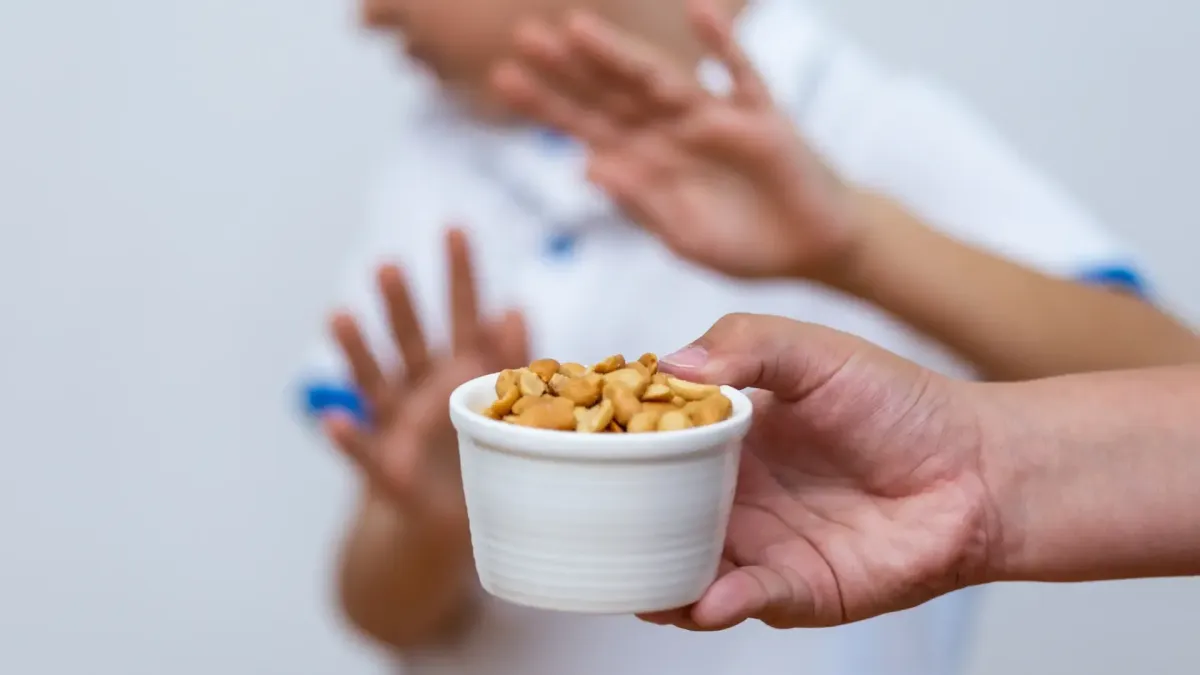
Food Allergies & Low Energy
Food allergies can cause almost any symptom the body can manifest, including low energy. The gastrointestinal tract maintains a delicate balance of good bacteria, specialized immune cells, and various neurological and hormonal activities. In fact, 80% of your immune system resides in your gut, so anything you put in your mouth can trigger a reaction. Once your digestive system detects what it considers a “foreign particle,” your immune system reacts, and the inflammation that follows creates pain and dysfunction.

Food and Your Energy
Food is a touchy subject, especially if you’re not feeling well. We have a lot of emotional attachments to it, and it can give us joy at times when nothing else can. However, food allergies play a significant role as a cause and contributor to fatigue and, as a doctor, I have seen amazing improvements in the health of my patients when they change their food choices.
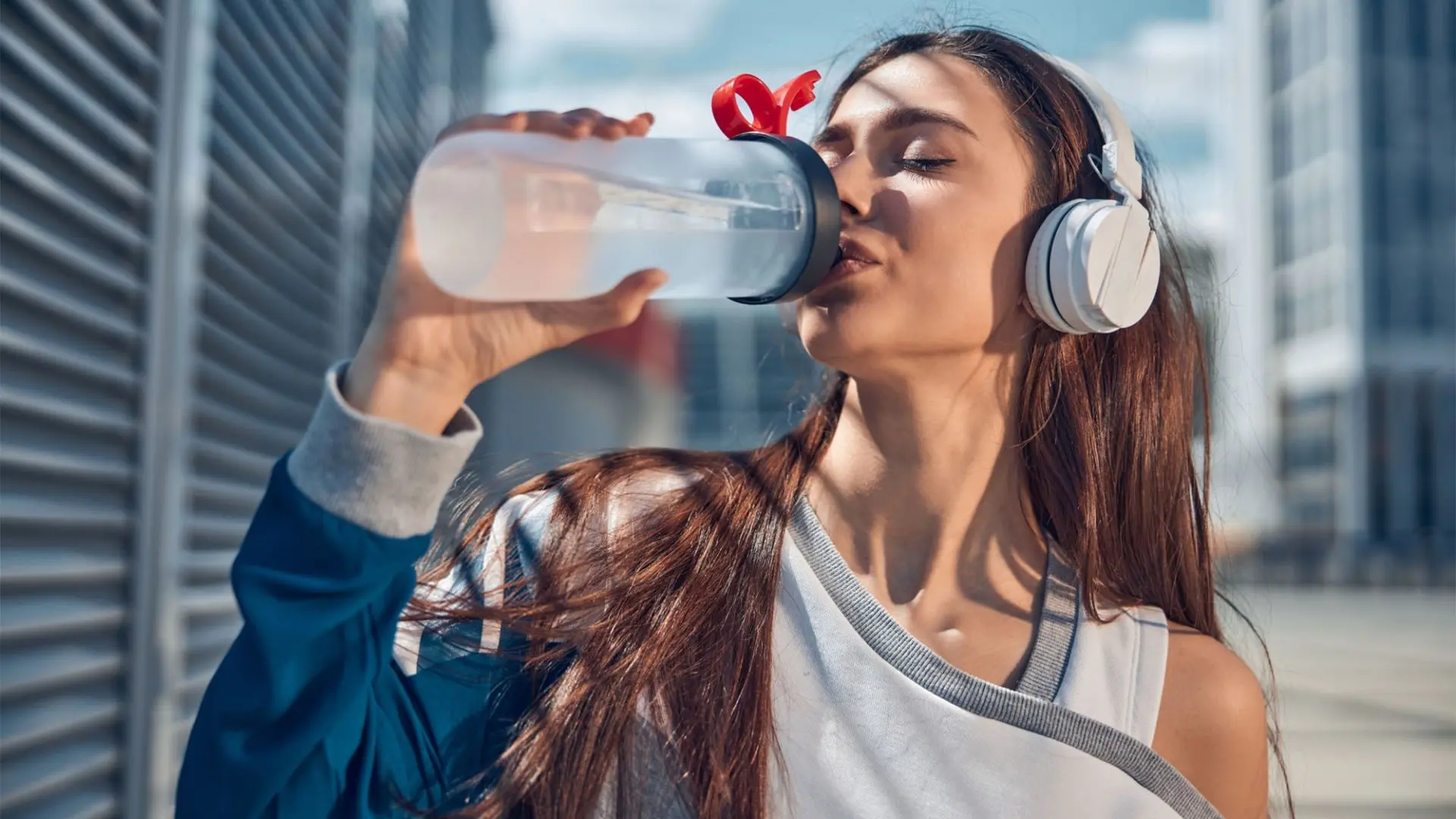
Water and Your Energy
The foundation for a healthy life at its most basic level includes putting the right stuff into your body and taking the bad stuff out.
A healthy body relies on clean water for cellular function and to remove waste products from the body. Water does a lot more than just relieve hunger.
Unfortunately, dehydration is surprisingly common. In fact, 75% of Americans may suffer from chronic dehydration, and they don’t know it. Are you one of them?
80% of your body weight is made up of water, and 99% of the molecules in your body are water molecules! Consuming enough water improves waste elimination and provides energy to your cells. Consequently, your health and energy are very dependent on the amount of water you consume.
How Do You Know You Are Drinking Enough?
When someone is dehydrated, they usually lose water out of their skin, and the skin becomes less elastic. Consequently, when you pinch dehydrated skin, it will stay in that position and slowly resolve. If the skin is not dehydrated, it should be more elastic and return to normal immediately. Try it on the top of your hand, where the skin is fairly thin. How did you do?
You can also evaluate your hydration status by the color of your urine. If your urine is clear, you are hydrated. If it is yellow, you are dehydrated. The darker yellow it is, the more dehydrated you are.
Your labs and a visit to your doctor can also reveal if you’re dehydrated. Laboratory work can evaluate your kidneys, and your doctor can look at your skin in a physical exam. On your blood tests, you can look at the health of your kidneys by looking at your blood urea nitrogen (BUN), creatinine (Cr) and Cystatin C levels. If your BUN:Cr ratio is above 20, or if your Cr or cystatin C is elevated, then you may be dehydrated. Your kidneys are not happy because they are not getting enough water and blood to filter them. Sometimes, however, you may appear dehydrated because your body is not holding on to the water you are consuming.
You can also test your water for heavy metal toxicity like lead. I recommend contacting Doctors Data Laboratories at 800-323-2784 for a test kit. Cost is around $150.
How Important Is Filtered Water?
My functional medicine colleague Cheryl Winter has written about the importance of drinking pure water. I couldn’t say it better myself, so I share an excerpt here from her book, Prescription Detox: How Our Allegiance to Big Pharma Makes Us Sicker and How You Can Heal Without Meds, by Cheryl Winter, MS APRN, FNP-BC, MSRDN, IFMCP.
Our cells require pure, natural water to function properly. Every cell in the body requires water to survive. Water is used to remove waste products and toxins from the body, regulate body temperature, lubricate tissues and joints, provide natural moisture to skin and other tissues, cushion joints and help strengthen muscles, aid in the softening of stool for elimination, and help assimilate the nutrients in the food we eat.
For too many people, water is the forgotten nutrient. Some people substitute all of their water with other beverages, many of which are dehydrating beverages, such as caffeine and alcohol, which further increases fluid requirements. This is a serious problem. It’s also the forgotten nutrient because people forget to drink it until it’s too late (they are already dehydrated). We take it for granted that all water is the same. It’s not. The water we drink today may be contaminated due to many factors. Pure, clean water is vital to keep our body systems running effectively and should not be taken for granted.
When it comes to weight loss, water is an extremely important nutrient, not only because it has no calories, but because it provides energy and helps to suppress appetite. Insufficient water will greatly slow weight loss if not halt it completely. Drinking half a liter of water (seventeen ounces) can boost your metabolism by 30 percent for one to one and a half hours. Drinking water cold is best because the body must expend energy (calories) to heat the water to body temperature. The best time to drink water is before meals.
Certain populations will require additional water considerations than others. These include the elderly, children, pregnant and breastfeeding women, and athletes or those engaging in physical activity. To determine how much water you should consume each day, divide your weight (in pounds) in half for the number of ounces of water you should drink. Divide that number by eight for the number of cups of water you need each day.
If you wait until you are thirsty to begin drinking water, you are already dehydrated and will need a half to one quart of water to get back into balance. Therefore, it is important to drink before becoming thirsty! Caffeinated and sweetened drinks cause even greater dehydration. Water is the only beverage we need, and it works the best for health and longevity.
How Pure is Your Water?
You can see how important it is to drink pure water. It is becoming increasingly difficult to find pure water. Our water supply has become potentially toxic with a prevalence of dangerous chemicals. Chlorine and fluoride are often added to the water supply for what is thought to be beneficial reasons, but these chemicals have toxic consequences. A wide range of other toxic and organic chemicals, largely from agricultural and industrial waste, contaminate the water supply, including PCBs, pesticide residues, nitrates, and even heavy metals, like arsenic, cadmium, lead, and mercury.
Tap water contains chlorine, which increases free radical damage, contributes to many forms of cancer, and increases the risk of high blood pressure. Chlorine also causes magnesium deficiency, which then causes increased urinary excretion of calcium and phosphorus, leading to the increased risk of osteoporosis.
If it wasn’t for the high risk of agricultural chemical contamination, rural well water might be an ideal option. It is rich in magnesium and calcium, and drinking it would be like taking a daily mineral supplement. But another, more viable option might be to install an under-the-sink water filtration system. These systems effectively remove chlorine, bacteria, pesticides, and other organic chemicals by using a solid carbon block filter. The magnesium and calcium and other dissolved minerals are maintained. A reverse osmosis (RO) filter is ideal to avoid pharmaceutical residues.
Drinking and cooking with purified water is becoming more important. This includes having purified water to soak beans and nuts, to cook grains, and to steam vegetables.
* Excerpt From Prescription Detox: How Our Allegiance to Big Pharma Makes Us Sicker and How You Can Heal Without Meds, by Cheryl Winter, MS APRN, FNP-BC, MSRDN, IFMCP
Okay, so now that you understand the power of water in your health, and the importance of drinking clean water, I want to share my recommendations for integrating more water into your daily life.
The Plan
1. Start drinking half of your body weight in ounces of water every day throughout the day. For example, if you weigh 140 pounds, you should drink 70 ounces of water every day. However, if you have adrenal issues,you will need to drink 25 percent more water per day (or approximately 90 ounces for a 140-pound person). Most people need three to four liters per day. A liter is approximately a quart or 32 ounces. Keep increasing your water intake until your urine is no longer yellow.
2. Start drinking one-half to one liter upon waking and 30 minutes before each meal. Be aware that if you drink water with meals or too close to mealtime, it can dilute the digestive juices in your stomach and intestines and affect your digestion.
3. Start adding a pinch of natural sea salt (Celtic or Himalayan sea salt – NOT table salt) to each glass/container of water. This is great for your adrenals and your kidneys and helps you hold on to the water and stay hydrated.
4. Consider drinking more coconut water. Coconut water is an excellent natural electrolyte-balancing beverage but is high in sugar, so use it in moderation, such as during a workout. Stay away from commercially prepared so-called “energy drinks.”
5. Consider filtering your water with a countertop or whole house water filter by Aquasana.com.
Take Action:
Decide what water bottle you’re going to use. Consider glass and stainless steel to avoid plastic (toxic). I like klean kanteen.
Decide how much and what times of day you are going to drink water. (i.e. 20 ounces when you first wake up, 30 minutes before meals, and 1 hour before bed)
Set a “drink water” appointment on your phone’s calendar to remind you to drink water. When the reminder goes off, stop everything and drink 15-30 ounces. Chugging is okay!
Join the Conversation in our Facebook Group:
Share this article with your friends and loved ones on social media and help me achieve my mission of helping 1 million people increase their energy!

A safe space for all.
We're LGBTQ+ supportive
Copyright (c) EnergyMD



